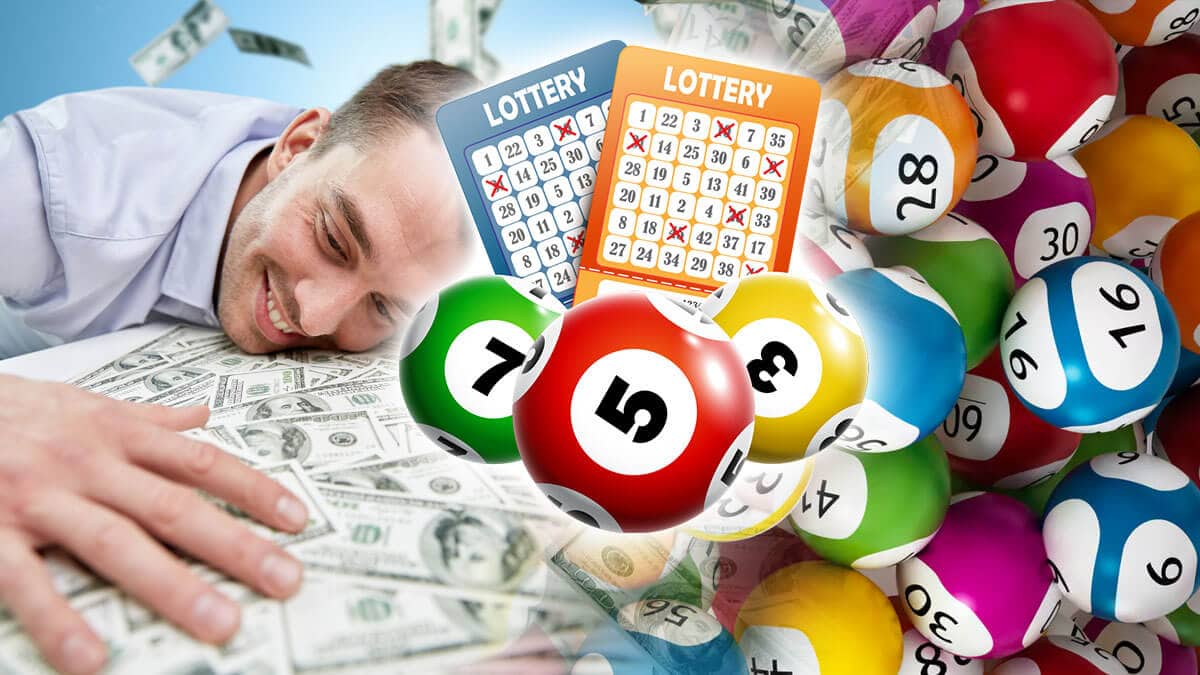
A lottery is a game of chance in which people have the opportunity to win a prize by drawing lots. A lottery can be played by individuals for fun, or it may be a way of raising money for a specific cause. It is also a common method for governments to raise funds for public works projects and other purposes. Many togel hongkong states and countries offer lotteries for players to have a chance of winning big prizes. Some of these prizes can be extremely large sums of money, and the odds of winning are usually very high.
Although the casting of lots for making decisions and determining fates has a long record in human history, the first lottery offering tickets was held during the reign of Augustus Caesar for municipal repairs in Rome. During this time, the prizes were typically in the form of articles of unequal value, such as dinnerware or gold. Later, the lottery became an integral part of many feasts and dinner parties, where guests were often given a ticket with the promise of a golden vase or six flies.
In America, colonial settlers brought the lottery custom from England and used it for a variety of purposes. Some private lotteries raised money for entertainment and other non-monetary purposes, while others disposed of land. One such lottery in 1786 disposed of fifty townships and gave Harvard College its campus. In addition, public lotteries helped fund schools, roads, canals, churches and colleges. The Continental Congress voted to hold a lottery to raise money for the Revolutionary War, but this was not successful.
Lotteries are a source of “painless” revenue for states, which can be used to finance public spending and avoid tax increases or cuts in other areas. This argument is especially powerful in times of economic stress, when voters are anxious about their own financial prospects and are eager to accept tax increases and other cuts if they can see that the money will benefit the community. However, studies show that the popularity of state lotteries is not necessarily connected to their objective fiscal health.
When Shirley Jackson’s short story “The Lottery” was published in 1948 in The New Yorker, it generated more letters than any other piece of fiction the magazine had ever printed. The ferocity of the outpouring of reader responses may be partly explained by the fact that it was still only eight years after World War II and that most readers were shocked by the story’s grim implications for their own lives. The story is a warning of the dangers of following tradition to a dangerous extreme. Although it is important to keep past beliefs alive, it is not good to do so at the expense of a human life. This is the lesson that Jackson conveys in her chilling tale.